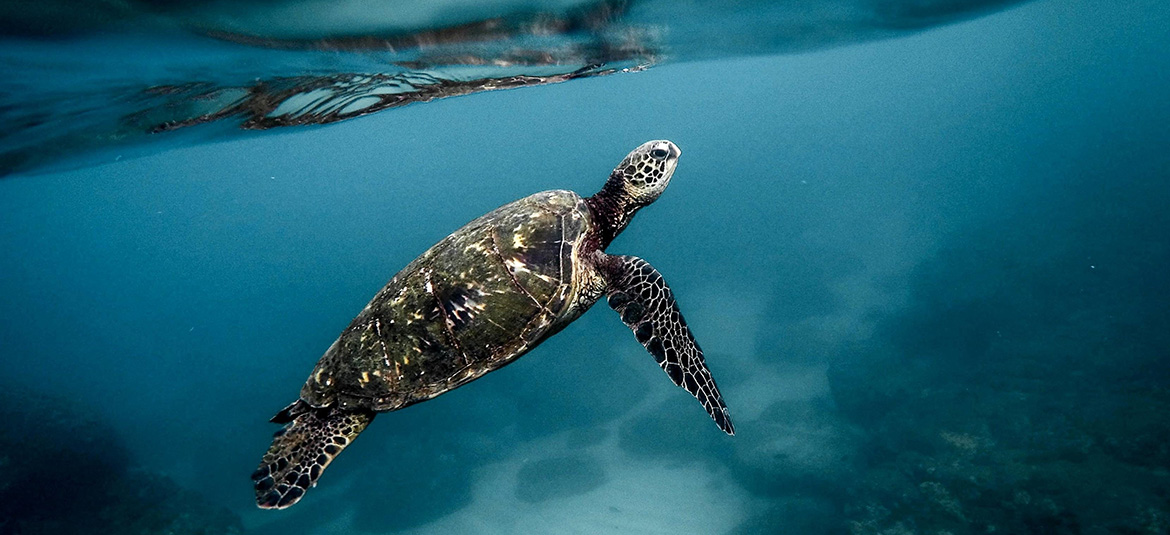08/06/2021 News
World Oceans Day, an Opportunity to Highlight the Importance of This Resource
A source of food, economic activity and leisure, the ocean also plays a vital role in the biosphere and climate regulation. Since June 8, 1992, World Oceans Day has celebrated the ocean and raised awareness about its protection. Given that many of TotalEnergies’ operations take place at sea or in coastal areas, TotalEnergies Foundation has been supporting various initiatives since the end of 2020 through its Climate, Coastal Areas and Oceans priority area. These include conservation projects, applied research, awareness-raising and education on interactions between the climate, coasts and oceans, as well as initiatives to familiarize young people with coastal areas.

How Do Coastal Areas, Oceans and the Climate Interact?
Oceans, the climate and coastal areas are intrinsically linked. Oceans are sites of gas exchange: they emit 50% of the planet’s oxygen through phytoplankton, while absorbing over 90% of the excess heat and 25% of the CO2 produced by human activities.1 This means they play a key role in regulating the climate. Coastal areas are the breeding grounds for many marine species. Fully 2.4 billion people (around 40% of the world’s population) live within 100 kilometers of the coast.2 The United Nations has recognized the importance of the oceans in its 17 Sustainable Development Goals. And it proclaimed a Decade of Ocean Science for Sustainable Development (2021-2030) in February 2021.
TotalEnergies Foundation’s Climate, Coastal Areas and Oceans priority area therefore targets an ecosystem facing a number of environmental and climate challenges, such as rising temperatures, higher sea levels, retreating coastlines, the preservation of animal and plant species, and extreme weather events and actions to mitigate their impact.
Preserving Precious Yet Fragile Ecosystems
TotalEnergies Foundation is taking concrete action in favor of the coasts and oceans so as to preserve the services they provide to populations against a background of climate change, working in partnership with nonprofits in the field and institutions dedicated to the environment. Its objectives are to protect coastal and marine ecosystems, to help develop and share knowledge on the interactions between the climate, coastal areas and oceans by involving research players, young people and the general public, and to bridge the gap between young people and coastal areas.
For example, TotalEnergies Foundation is supporting the Polar Pod expedition. Led by Jean-Louis Etienne, it aims to study the Antarctic Circumpolar Current in order to shed more light on air/ocean exchanges, validate satellite measurements, and observe biodiversity and the impact of human activities in the region. The findings will be shared with young people, in collaboration with the International Union for Conservation of Nature (IUCN). TotalEnergies Foundation also supports Tour du Valat, a nonprofit working to preserve wetlands in France’s Camargue region, and the Port-Cros National Park, which is raising awareness among young people and the wider general public about the importance of preserving this unique ecosystem.
1 Source: High Level Panel for a Sustainable Ocean Economy https://oceanpanel.org/about-the-ocean
2 Source: https://www.un.org/sustainabledevelopment/wp-content/uploads/2017/05/Ocean-fact-sheet-package.pdf
